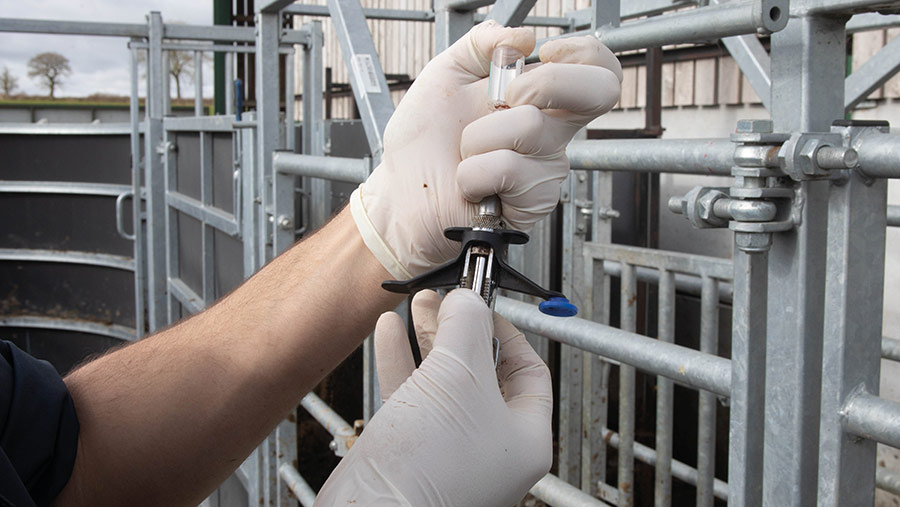Competition authority investigates vet services deal
 © Tim Scrivener
© Tim Scrivener The Competition and Markets Authority (CMA) is investigating the recent acquisition of the Vorenta veterinary services business by a similar company called Eville & Jones.
The veterinary sector has seen rapid consolidation over recent years, with large corporate businesses snapping up independent veterinary practices so they can benefit from economies of scale in terms of drug buying power and backroom costs.
The CMA estimates that independent veterinary practices accounted for 89% of the UK industry in 2013, but this share had fallen to less than half (45%) by 2021.
See also: Farm vet revenue grows as main players expand rapidly
Eville & Jones and Vorenta operate in a more specialised part of the market, in that they enable the government and food sector to outsource the staff required to help them meet animal and public health obligations.
Eville & Jones’ core business is the provision of official veterinarians and meat hygiene inspectors at fresh meat facilities and delivering export health certification services to exporters of products of animal origin (POAO).
Vorenta is the holding group for Hallmark Veterinary Compliance Services, Probita Solutions and Meat and Livestock Commercial Services, providing carcass classification services to the meat industry and deploying vets under contract to various government departments.
‘Accelerate growth’
Eville & Jones announced in September that it had completed the acquisition of the Vorenta Group.
“Under the expanded Eville & Jones Group umbrella, the acquisition will accelerate E&Js growth, expanding operations into Scotland, building on its existing service offerings, and broadening its range of service offerings for both existing and new customers,” said a statement.
However the CMA has announced an investigation into the deal and filed an initial enforcement order, which states the Vorenta business must effectively carry on separately to the E&J business until the investigation has been concluded.
It says it has reasonable grounds for suspecting that the different parts of each business have ceased to be distinct, and it wants to look at whether this has resulted in a substantial lessening of competition.
